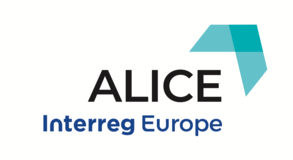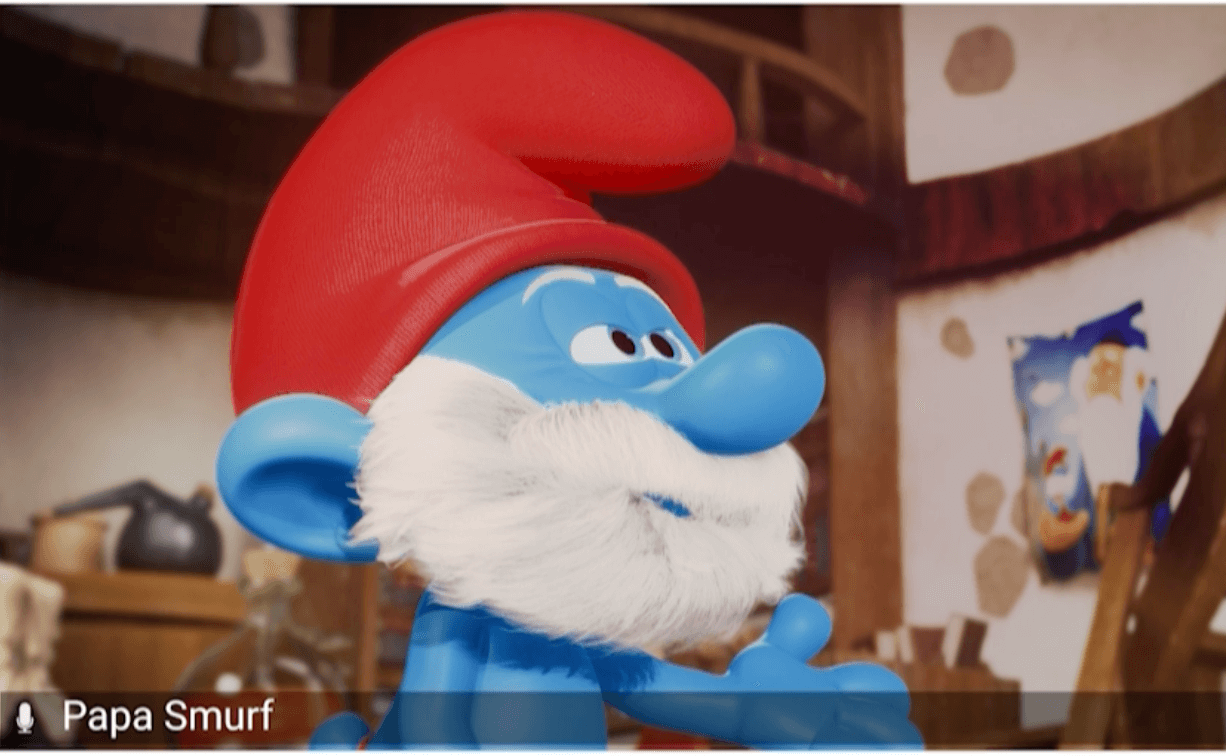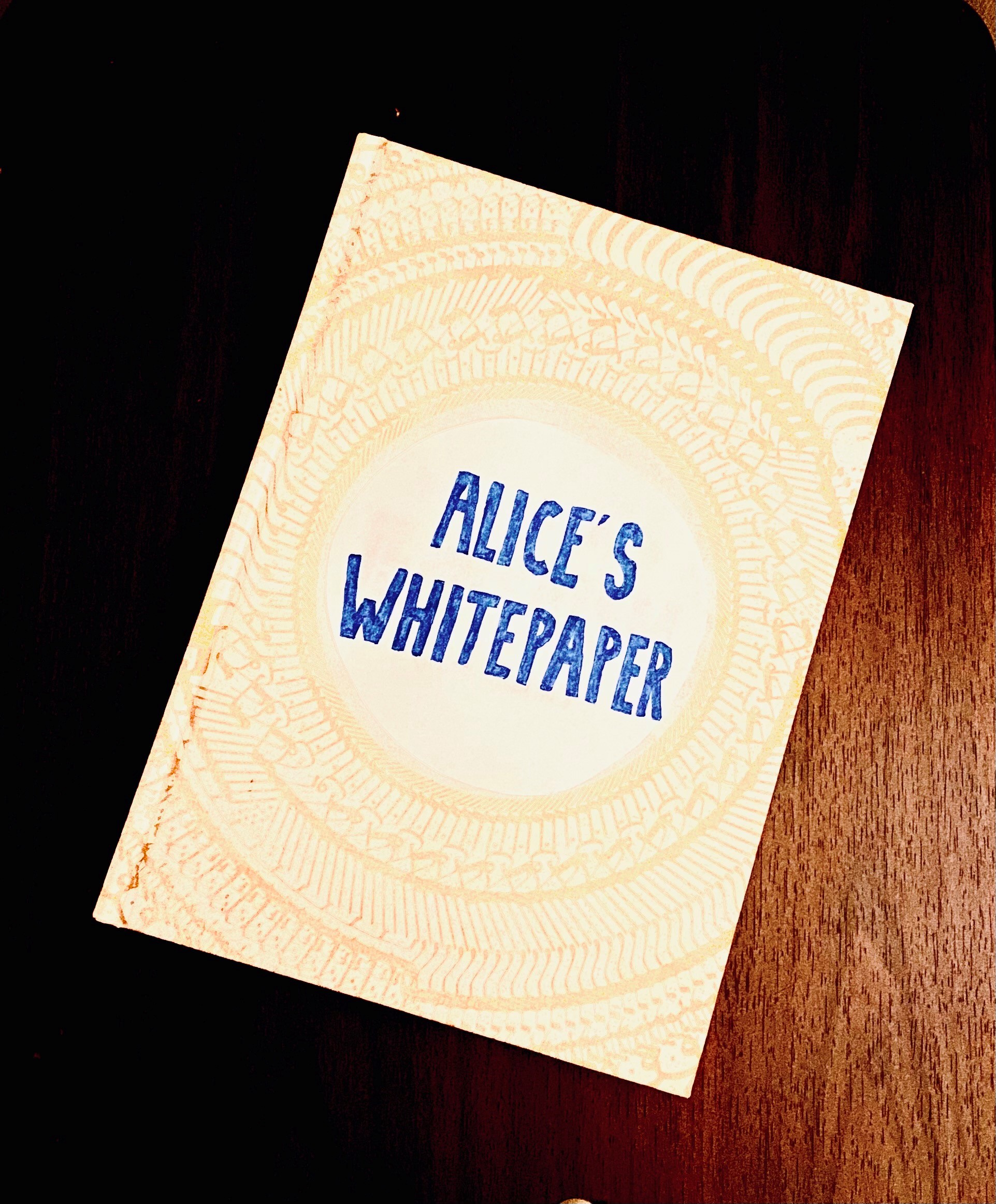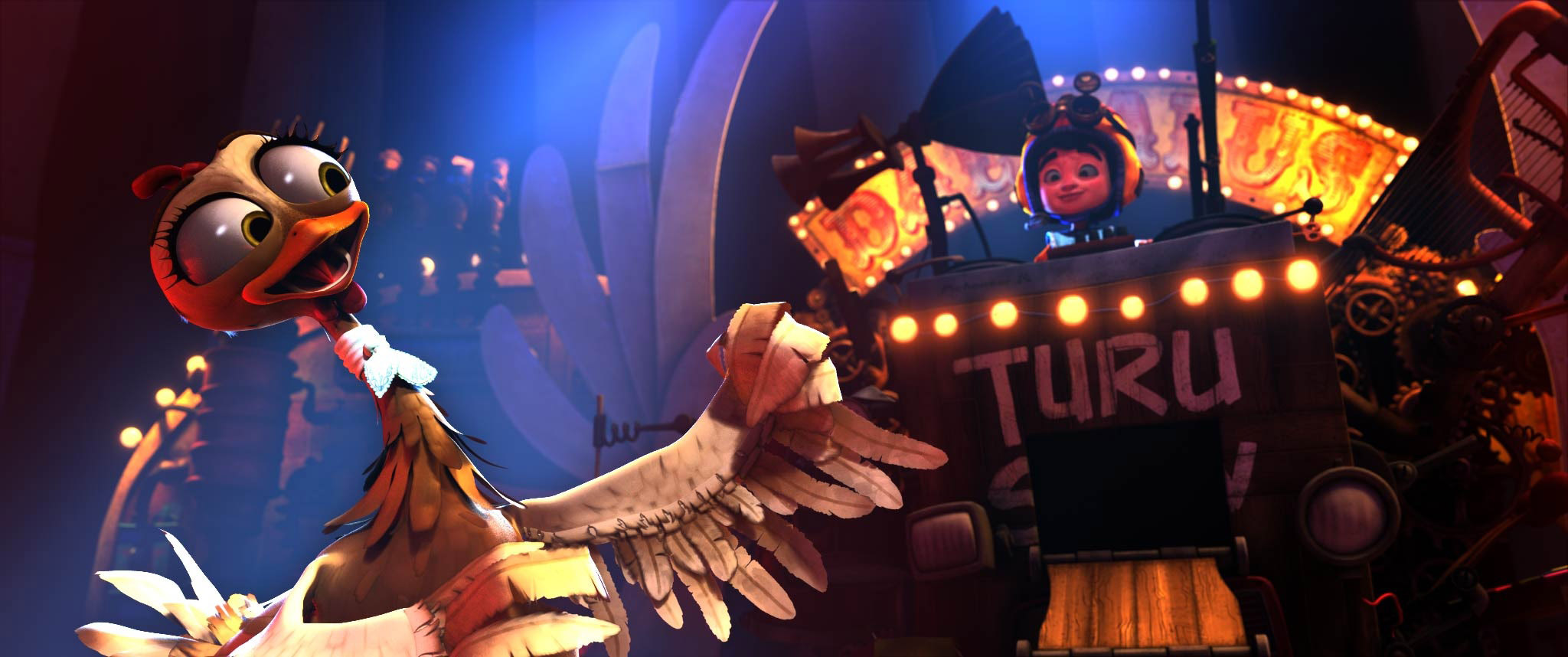On 13 July 2020 in Bratislava, the Ministry of Culture of the Slovak republic held its second stakeholders’ meeting with SMEs and freelance workers from the animation sector. After weeks amid the coronavirus crisis, everyone appreciated being able to meet physically again. The meeting revolved to a great extent around the impact of the COVID-19 outbreak on the Slovak animation industry, and on ALICE’s activities. The main point of the agenda was the evaluation of two questionnaires — one dealing with the development of animated projects, the second one dealing with financing — that had been sent to people from the industry prior to the meeting. The questionnaires’ results provided useful information regarding the assessment of the current state of the industry and concerns about its future.
By way of introduction, it was crucial for the organizers to inform the participants about ALICE’s recent achievements, and reassure everyone that the project had made significant progress despite the COVID-19 restrictions. With all international partner meetings scheduled for March - July moved online, and two meetings with animation experts turned into webinars, the project partners have reached a point where they can explore concrete proposals for policy changes. Activities were organized around different working groups, so the Slovakian and Catalan partners focused on co-building a mapping methodology for which a first version must be presented in September.

The participants were then presented with the main results from the questionnaires:
- Animated series and short animated films have historically been the most popular formats in Slovakia, and generally the easiest to finance through public funding,
- Projects in development suffer from insufficient funding sources and promotional platforms, therefore support programs should be created as alternatives to the Audiovisual Fund which is currently the only option in Slovakia,
- A database collecting structured information about the animation market players in Slovakia would greatly facilitate collaborations and productivity, especially on individual projects,
- Comparing the Slovakian funding system for animation to other countries’, reports point out limited number of programs funding co-productions, absence of regulatory obligations in the broadcasting industry and lack of involvement of the Slovak National Television, low allocation dedicated to animated films in comparison with feature and documentary films, and low public support for short films.
- Suggested alternative sources of funding include: regional funds, bilateral and multilateral support funds (within the Czech and Slovak Republics and V4 countries), pre-sale, or the crowdfunding platform Patreon - guaranteeing a fair retribution to authors, and support from commercial television and private companies.
There is a common feeling among the industry that short and animated films are being left behind and professionals struggle to make a living, although they are aware of the competitiveness issue as Slovakia is a small market with little production capacity.
The third part of the meeting was dedicated to various activities aiming at co-building proposals for changes. The participants were asked to design a database computing all the relevant information on professionals from the animation sector. It triggered very interesting discussions about how such a database should look and work. The next two group activities focused on the designs of two complementary databases: one collecting the sources of support for co-production and distribution in animation, another one computing the funding sources available nationwide for animated work. These activities revealed a general consensus that strengthening the existing tools in Slovakia would be more beneficial than creating new ones.
This second stakeholders’ meeting proved very productive. It opened up free discussions and brought to light key points useful to produce valuable recommendations for policy changes to implement. In the next few weeks, the stakeholders will continue to be involved in ALICE’s activities, including the mapping methodology and the creation of a Slovak “Development Lab”. For ALICE, the next important dates are FEST ANČA 2020’s: from 27- 30 August, the project will participate in the International Animated Festival, where it will facilitate a discussion panel and present four short films from the project territories. In the long run, the challenge will be to navigate the new ecosystem while staying focused on the ultimate objective of creating a favorable ecosystem for the animation sector across Europe.




